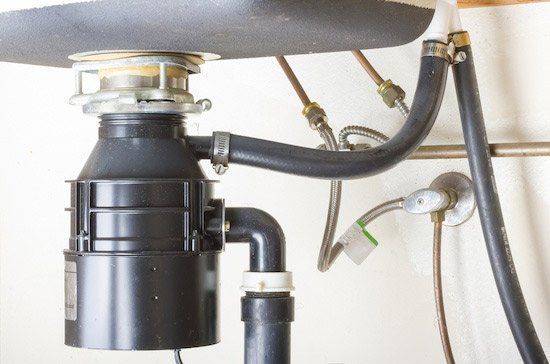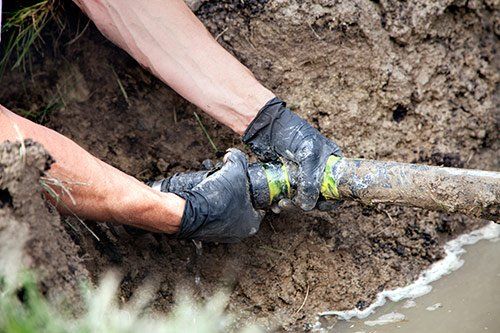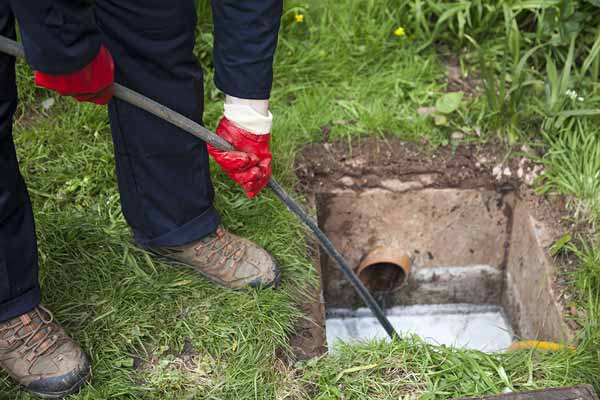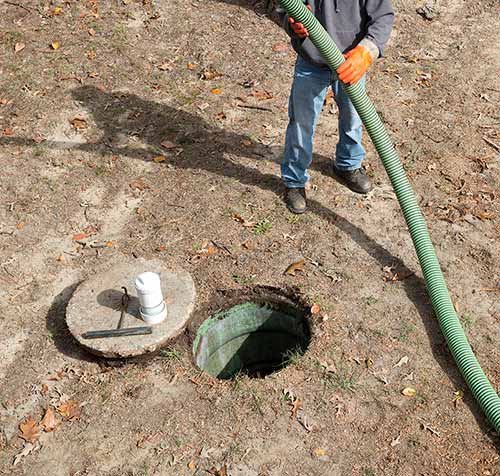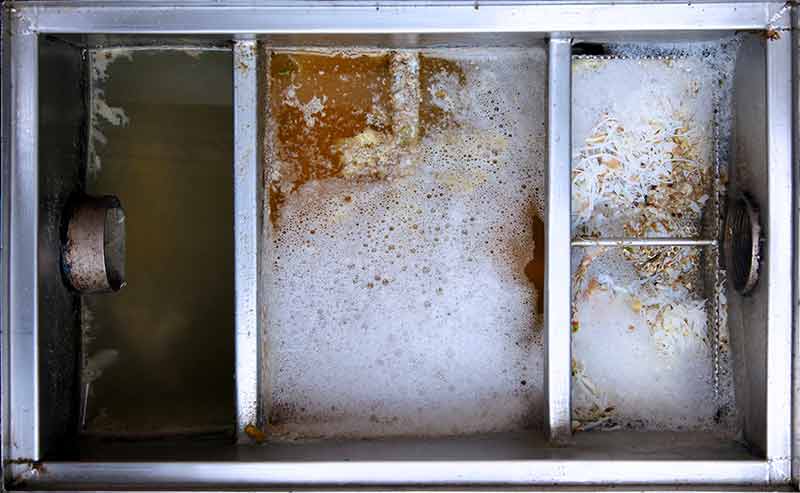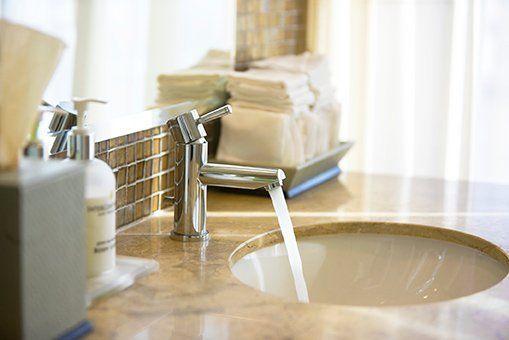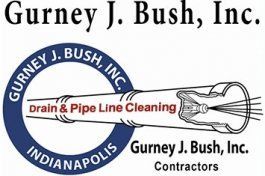3 Tips for Preventing Clogs in Your Sewer Line and Septic System
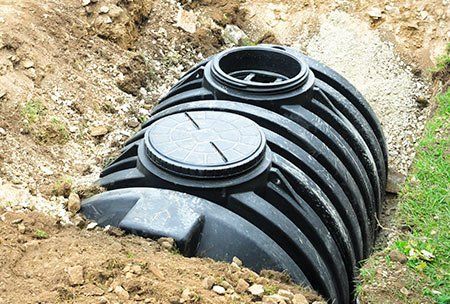
An occasional clogged drain is bound to happen, especially if you have kids that aren't careful about what they pour down the sink or put in the toilet. When you start having frequent clogs, it's time to take a look at how you care for your septic system so you can figure out what keeps causing the problem.
Proper maintenance and regular tank cleaning go a long way toward preventing emergency calls for clogged drains and backed-up sewage. Here are a few tips for maintaining your septic system, so the drains flow freely.
Put Only Toilet Paper in the Toilet
Toilet paper dissolves much faster than other paper products. Some brands of paper towels are so tough, they are almost like fabric. They take a long time to dissolve, and during that time, the paper keeps piling up until a clog forms.
If you routinely flush paper towels or wet wipes, your sewer drain is at a higher risk of clogging, especially if there are some roots in the line to trap the paper. Also, the paper that makes its way into the septic tank and doesn't dissolve will accumulate on the bottom of the tank. This build-up forces you to pump out the tank sooner than when you throw facial tissues, wet wipes and paper towels in the trash rather than the toilet.
Keep Grease out of the Sink Drain
Grease is bad for your drains, and it is bad for your septic tank. Grease may look like liquid when it's warm, but as soon as it goes into your drain and cools off, it gets sticky and hard. It clings to the sides of your drain and catches other debris that floats by until a clog forms. Hot water from the tap usually isn't hot enough to melt and damage a grease clog.
You can try boiling some water on the stove and pouring that in your drain to see if it dissolves the clog, but the best way to get rid of grease buildup on drains is to hire a plumber to blast it off with a powerful jet of water that scrubs the sides of the drain clean.
It's even more important to keep grease out of your drain when you have a septic tank. Grease floats in the tank, and when too much grease accumulates, it can spill into the drain field and cause clogging and damage that could be expensive to repair.
Call for Help When Your Drains Become Slow
The first indication of a clog in the sewer line or a full tank is when the drains in your home are slow to empty. Rather than wait for more serious problems to develop, call for drain cleaning or tank pumping when you notice the slow drains. If only a kitchen sink is slow, it might be due to a clog in the sink drain.
When all the drains and the toilet are slow, it's a sign of a sewer clog that needs prompt attention. Tree roots are often the cause of sewer line clogs. If you have a problem with roots, you'll want to have the drain snaked out every time they grow back, or the roots could bust the pipe. Since you can't tell if the problem is due to roots, a paper clog or a full tank, calling a plumber is the best way to figure out what is going on.
A plumber can measure the level of sludge to see if the tank needs to be pumped. Or they can run a camera through the sewer line to locate the clog and identify what is causing it. Tree roots can usually be removed with a sewer snake, but sometimes a powerful hydro-jet is needed to clear the line.
If you're having problems with a drain clog, slow drains or a full septic tank, call Gurney J. Bush for expert analysis of the situation and prompt service that gets your drains working again.
